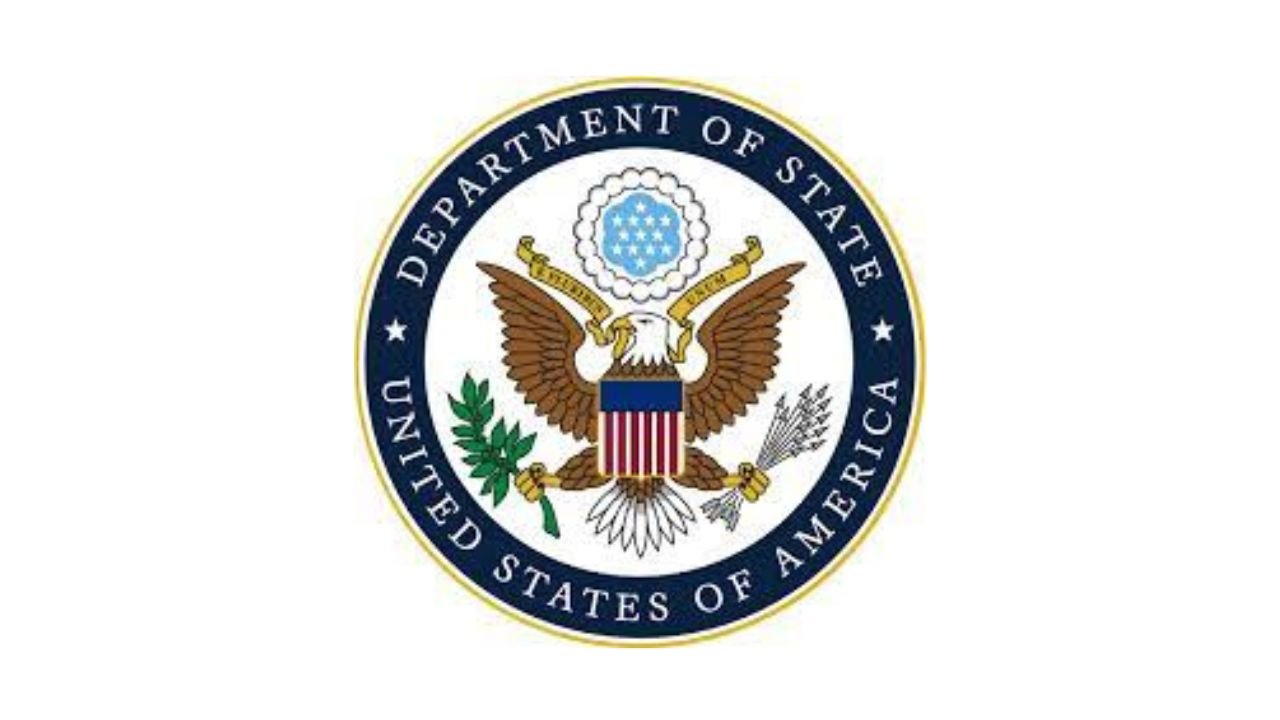How Can Medical Graduates and Doctors Practice in the USA? (ECFMG and USMLE) 2024

We live in the twenty-first century when technology has made the world a single global village. This creates an opportunity for professionals from various sectors to shift and work abroad. Finding a job overseas has become a popular trend nowadays; credit goes to globalization. Many jobs provide fantastic opportunities for overseas students to travel and make money simultaneously.
Unfortunately, practicing medicine in the USA is something as easy as pie. International medical graduates and professionals must travel a challenging path to become licensed to practice medicine in the United States.
So, the question comes. How do foreign medical professionals operate in the United States?
In most circumstances, a foreign medical graduate (FMG) must attend additional courses to practice in the United States.
Most FMGs must also pass a few medical licensing tests in the United States, such as the USMLEs. To participate in a residency or fellowship for international doctors in the United States, you must also pass the USMLE exams.
Why Do FMGs Need Additional Medical Training in the United States?
The United States is ranked top among the countries for its strict medical standards. It has set some guidelines and requirements for giving an international medical graduate license to practice medicine in the USA. Despite completing four or more years of medical education in your country, you may still need further training and qualifications in the United States. International medical graduates (IMG) must adhere to the exacting American medical standards,
Being a medical professional in the US requires time and might be intimidating. An IMG has to go through a number of Examinations and training sessions, but we’ll walk you through them one at a time.
Also Read: Bachelor of Arts Vs Bachelor of Science: What’s the Difference?
You can have a brief overview of the lengthy procedure:
- Prepare yourself early for the United States Medical Licensing (USMLE) Examinations, Especially for USMLE Step 1 and Step 2CK tests.
- Accreditation from the Educational Commission for Foreign-Trained Medical Graduates is required.
- Enroll in, apply for, and finish international medical graduate residency programs.
- Successfully completed a third medical licensing exam in the United States (USMLE Step 3)
- Finish your residency program and obtain your state medical license. You must have completed at least three years of training in a Graduate Medical Education accredited program.
- Be Board Eligible or Board Certified. This is optional, depending on your planned workplace or field of practice. Boards are certification tests that physicians take in their profession to demonstrate proficiency. To take these examinations, you must have completed an ACGME-approved residency program and meet other prerequisites (which vary by state and specialty). Although passing the Boards may be required in some areas, most places only demand that you are eligible to take the exam.
Also know: What is Internal Medicine?
Now, who are IMGs?
IMG stands for “international medical graduate” and refers to a physician who obtained their primary medical degree from a medical school outside the United States and Canada.
What exactly is the ECFMG?
ECFMG stands for Educational Commission for Foreign Medical Graduates. It’s an authorized body to give credential review and guidance to non-US Graduates and physicians Who wish to apply for a U.S. medical residency program. The ECFMG certification is a top standard set by a governing body for evaluating the credentials of IMGs. The IMGs must be accredited by ESFMG
Everything Starts with Medical School:
Before coming to the USA, most international students must complete their medical graduation from their native country. After that, they intend to pursue a license to practice in the USA. International medical graduates and physicians must be fluent in written and spoken English.
Check: How to Become a Healthcare Administrator
1. USMLE Exam
USMLE Exams: The procedure for earning a medical license in the United States consists of three USMLE exams. These exams assess a foreign-trained graduate’s or physician’s ability to apply their considerable knowledge, principles, and concepts in primary patient care.
USMLE Step 1: The first exam assesses a medical student’s ability to apply fundamental scientific information and concepts in a clinical situation. It’s a multiple-choice exam, and the examinee must choose the proper answer from the options provided. After completing at least two years of medical school, you can take the United States Medical Licensing Examination-USMLE-step 1.
USMLE Step 2: The Step 2 exam is divided into two parts: a multiple-choice paper that examines Clinical Knowledge (C.K.) and a practical Clinical Skills (C.S.) exam.
USMLE Step 2 C.K. (Clinical Knowledge): This evaluates your clinical knowledge and is comparable to the clinical science component of the medical curriculum.
USMLE Step 2 C.S. (Clinical Skills): The C.S. exam is a hands-on test to assess the examinee’s clinical skills. It evaluates their ability to apply clinical knowledge and communication skills when dealing with patients. The main focus areas are gathering information from a standardized patient, performing a physical exam, explaining the results to the patient, and generating a patient medical report.
USMLE Step 3: Step 3 is the final test toward ECFMG licensing and is also a multiple-choice exam. It assesses the doctor’s competence to utilize medical knowledge and comprehension of biological and clinical sciences when providing healthcare services in an unsupervised context. It is largely concerned with patient care in ambulatory settings.
How to get ECFMG certification?
Because it needs ECFMG certification, the Step 3 exam is often the last in the USMLE series. Some states require the examinee to complete all three steps before applying for residency. According to some doctors, passing the Step 3 exam increases their chances of getting a residency. Even so, if you earn a decent score and a great application letter, you can get residency with just the Step 1 and Step 2 exams. Step 3 is required for an FMG to obtain an H-1B visa.
ECFMG Certification establishes the standards that IMGs must satisfy before admission to U.S. graduate medical education (GME). The ECFMG evaluates an FMG’s qualifications in supervised GME patient care. Because they enter the United States with medical certifications written in a foreign language, overseas medical graduates must guarantee that their credentials match the ECFMG translation criteria. ECFMG certifies IMGs to take the USMLE exams and provides the necessary documentation for residency programs. You’ll need to apply for ECFMG certification, which typically involves verifying your medical education credentials.
Pathway to Obtaining ECFMG Licensure
An FMG or foreign doctor must pass the Step 1 and Step 2 (C.K. and C.S.) exams before becoming ECFMG-certified. Once certified, they can apply for a residency or fellowship program in a healthcare facility.
After passing the USMLE test series, an IMG may begin applying for residency programs. Application system is through on. They can use both the Electronic Residency Application Service (ERAS) or the National Residency Matching Program (NRMP) for application. A medical graduate may have to spend 3-8 years in a residency or fellowship program. It actually differs from state to state and subject to subject, depending on the medical specialty they desire to pursue. These are paid programs, and graduates will be paid a monthly salary for their services in a healthcare facility in the United States.
Also Read: How to Become a Travel Nurse?
Whether you use ERAS or NRMP, you must submit the following documents:
- CV/resume
- Reference letters
- Photograph
- Personal statement
- You can apply for a medical license in the state where you wish to practice once your residency program is completed. Standards may differ slightly depending on the medical board or licensing authority of different States. In addition to paying the required fees, you must present proof of your education, training, and exam results.
- Further requirements: Sometimes, some states may want to check fingerprints, Clear your criminal history, and your verified job history to give you a license.
In summary, the most important factors for your residency application are:
- USMLE scores
- U.S. clinical experience
- Letters of Reference from U.S. doctors
- Abstracts and publications listed on your CV
- US Research experience may be needed for competitive specialties or programs
- Medical school evaluations
Lastly, prepare early for USMLE exams and know the state’s specific requirements where you plan to settle and practice because there can be variations in licensing processes and additional state-specific examinations or prerequisites. So, know them very well. Additionally, check the ECFMG and the Federation of State Medical Boards (FSMB) websites for up-to-date information and guidance.



